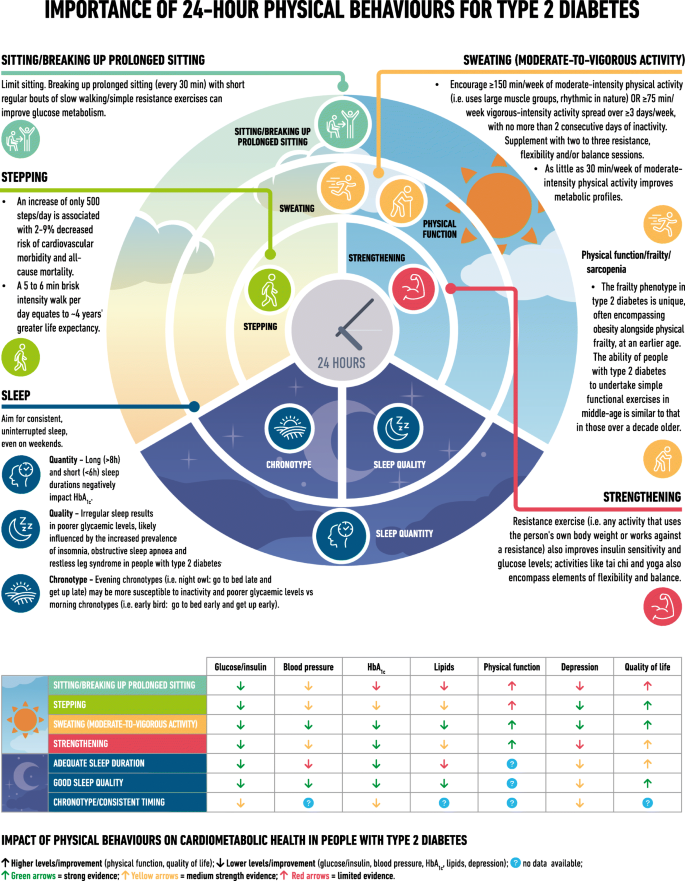
Introduction to Type 2 Diabetes
Type 2 diabetes is a chronic condition that affects millions of individuals worldwide, leading to significant health complications if left unmanaged. With the prevalence of this disease increasing, understanding its causes, treatment options, and lifestyle impacts is more important than ever. In 2023, it is vital for both patients and healthcare providers to stay informed about the latest research and strategies in managing this condition effectively.
Current Statistics and Trends
According to the International Diabetes Federation (IDF), over 537 million adults between the ages of 20 and 79 are living with diabetes globally, with the majority being type 2 diabetes cases. This number is projected to rise to over 780 million by 2045 if significant interventions are not made. In the UK alone, approximately 4.9 million people are diagnosed with diabetes, highlighting the urgency for advanced preventive measures and treatment protocols.
Recent Advances in Treatment
In early 2023, research published in the journal ‘Diabetes Care’ highlighted the effectiveness of newer classes of medication for managing type 2 diabetes. These classes include GLP-1 receptor agonists and SGLT2 inhibitors, which not only assist in lowering blood sugar levels but also contribute to weight loss and reduced cardiovascular risks—benefits that are particularly important for type 2 diabetes patients.
Furthermore, continuous glucose monitoring systems (CGMs) have gained traction among healthcare providers as a vital tool for managing diabetes. These devices allow patients to monitor their glucose levels in real-time, providing crucial insights into how their lifestyle choices affect their condition.
Dietary and Lifestyle Considerations
Diet remains a cornerstone in the management of type 2 diabetes. Recent guidelines emphasize the importance of a balanced diet rich in whole grains, lean proteins, and healthy fats while lowering the intake of refined carbohydrates and sugars. The UK’s National Health Service has launched various campaigns aimed at educating individuals on healthy eating habits to promote better diabetes management.
Conclusion and Future Outlook
The importance of addressing type 2 diabetes cannot be overstated, given its escalating prevalence and associated health complications. With advancements in medication, technology, and dietary awareness, the future for managing type 2 diabetes appears promising. However, a concerted effort from healthcare systems, governments, and individuals is crucial to reversing the trend of this chronic condition. Ongoing research will continue to uncover new opportunities for effective intervention, making the commitment to health and diabetes management more important than ever for those affected.
You may also like

Understanding Care Homes: Trends and Importance in 2023

Understanding Melatonin: Uses, Benefits, and Importance

Understanding the Importance of Bones for Our Health
SEARCH
LAST NEWS
- Remembering Wendy Richard: The Promise to Co-Star Natalie Cassidy
- How Did Anglian Water Achieve an ‘Essentials’ Rating for Mental Health Accessibility?
- Shai Hope Leads West Indies in T20 World Cup Clash Against South Africa
- What We Know About Weston McKennie: Future at Juventus and Past at Leeds
- What We Know About the Upcoming Live Nation Antitrust Trial